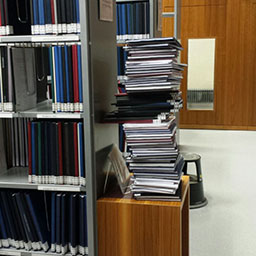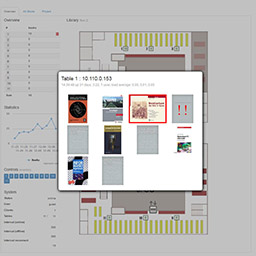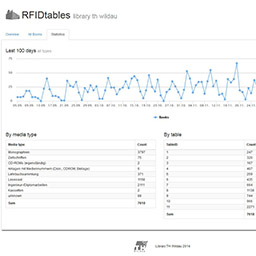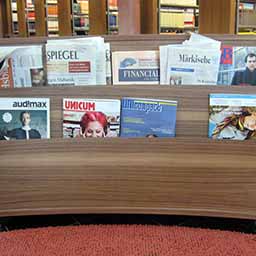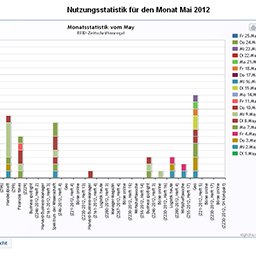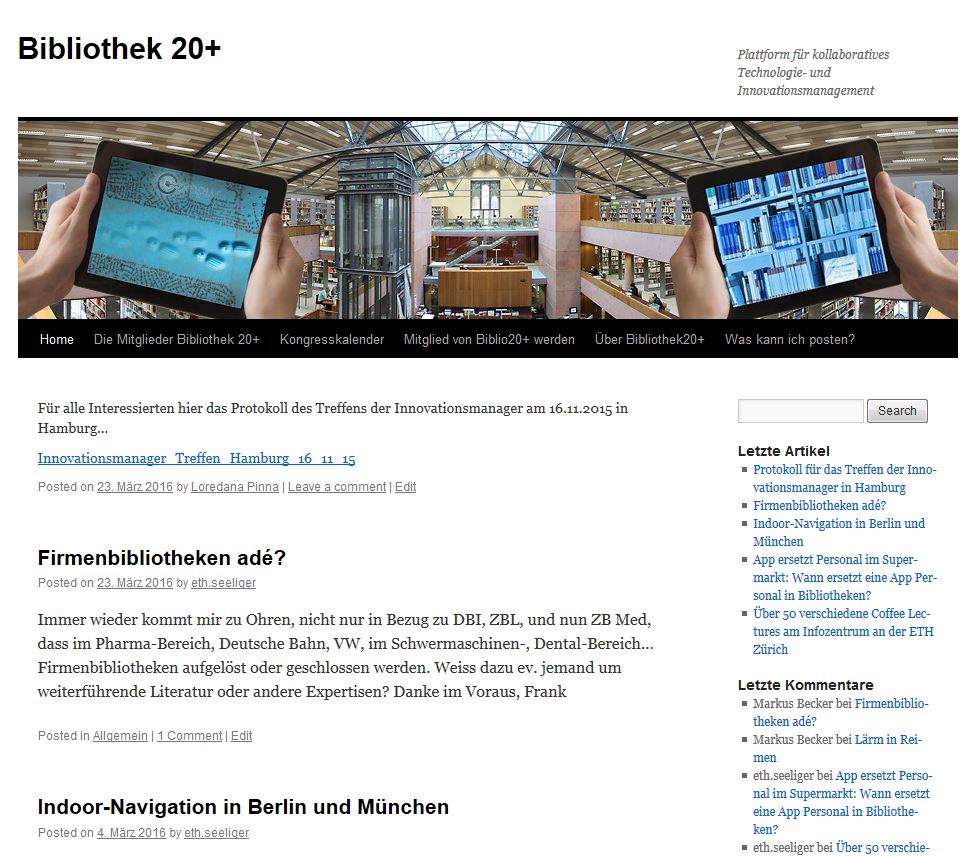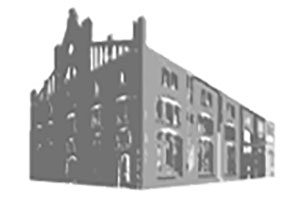MOVERE
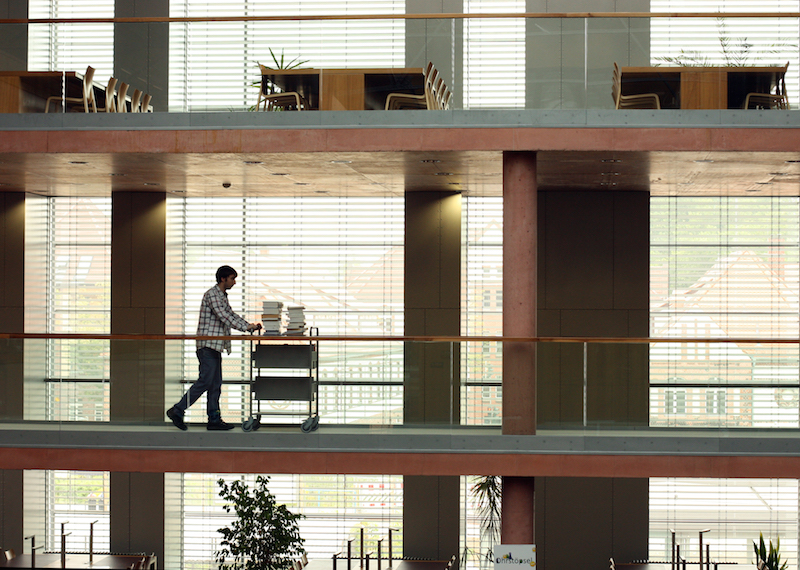
Most of the professional ethics and team’s motivation comes from creating, shaping and experimenting with innovative ideas in the library sector. Through automation and optimization of services and technical processes,the staff as well as the users of the library, feel free to try out new technology. This is also in a way the slogan at the University of Applied Sciences Münster if they say: Feel free to play around and try out some of the different functions!
Target groups of this approach include users of our library, faculty and staff at the Technical University of Applied Sciences Wildau, as well as colleagues in libraries worldwide.
Here at the Technical University of Applied Sciences Wildau we have a metaphor, often used as the first slide of a presentation, that captures this approach very well:
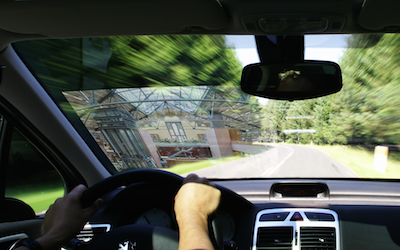
Just like the automobile industry continually tries to adapt their chassis and assistance systems to the latest technological developments, information facilities are encouraged to include fresh ideas and explore new avenues regarding their institution, collection and so on, in order to keep libraries established as a constant in our society.
Both the team of iCampus and the library team pursue various ways, which reflect our approach in our practical work.
Indoor radio-controlled location system
Today orientation services based on GPS are taken for granted by most of us smart phone users. These features cannot be used inside buildings, however, since GPS signals simply do not work there. Due to this, there is an increasing demand for a functional yet inexpensive indoor location system for libraries which can be used by visitors on their smart phones.
Therefore, the library of the University of Applied Sciences Wildau would like to offer this orientation service as a pioneer in the library business.
Indoor radio location with "iBeacons"
iBeacon is a technology introduced by Apple in 2013 which was originally developed for Geofencing, which is based on Bluetooth Low Energy (BLE). It is currently used by the iCampus Wildau team for our orientation system. This technology is supported by the most recent mobile versions of operating systems for Apple, iOS and Android and therefore offers the possibility to reach a variety of users. The use of iBeacons for indoor positioning in public buildings is of particular interest, because it isn't associated with high maintenance or installation and follow-up costs.
Heretofore, another system was used in search of a functional indoor location device. The OpenBeacon system created by Bitmanufaktur GmbH was perfectly suited for experimentation and this is what the iCampus Wildau team did. It is open source and open hardware as well and therefore, perfect for gathering knowledge and experiences and improving the algorithms and installation details.
At present, a location system is installed in the university library which encompasses the entire knowledge of the iCampus Wildau team regarding indoor radiolocation in public buildings. This system banks on the tracing service for the campus and buildings of the Technical University Wildau, based on Google maps, which was implemented in the university app Unidos Wildau in 2015. The iBeacon location system has been in its last test phase since February 2016 regarding its practical use and will be initially installed in the summer semester 2016.
iBeacons in use in the university library
The video shows a screen shot of the testing app. You can see a map of one of the library floors in which the location of every iBeacon installed on this floor is visible. The current position of the test person is marked in blue. The Beacons receiving data at that moment are marked red.
Beginning with the summer semester 2016, the radio-controlled location system is planned to be an additional part of the Unidos Wildau app and will help university library users to orientate themselves inside the library. For example, this can help our users to find specific print media or a workplace a lot quicker. Therefore, the foundation for implementation of further radio-controlled location service tools in the Technical University of Applied Sciences Wildau library have been laid.
Prof. Janett Mohnke on indoor location in the university library (radio interview on 12.09.2015 in german)
Prof. Janett Mohnke on indoor location in the university library (lecture at the Berliner Bibliothekswissenschaftliches Kolloquium
(© https://www.ibi.hu-berlin.de/)
Usage of open source
Virtual visualization
Surprisingly, many services support backward services and often you only find them, if you search far and wide. Visual aspects, for instance, help with serendipitous surprises: ‘the occurrence of events by chance in a beneficial way’. Regarding open source, we were successful in creating these moments with our university bibliography, arranged as a roundabout with pictures of the teachers and a list of their publications. A similar path is interspersed with our new e-book purchases and thus invites our guests to browse through our new acquisitions. The example you find below is based on the java script library “three.js”, which can be used for a 3-D view in your browser. In this case, the periodic system serves as a model for the animation. However, instead of elements of the periodic system, there are visuals of book covers.
Automation of information services
Efficient automation tools became essential for organizing a variety of events such as workshops, symposiums and funding of associations as well as projects like publications of collected volumes. Moreover, the organization of such meetings as the 6th Library Congress for university head librarians which took place in Leipzig this year, also benefit from this. Therefore, the library team employs the open source program “OpenEMM” in a multitude of circumstances with ease.
"iQvoc"
We use the open source software “iQvoc” for the creation and maintenance of our library’s thesaurus. It is one of the few free-to-use tools for vocabulary management in the linked data context. Since other libraries realized that the university library in Wildau successfully runs a functional instance of “iQvoc”, our library is reached daily by institutions, which are in search of information about the employment of this tool. At the Library Congress in Leipzig, our library was invited to a second meeting about vocabulary management systems in order to share experiences.
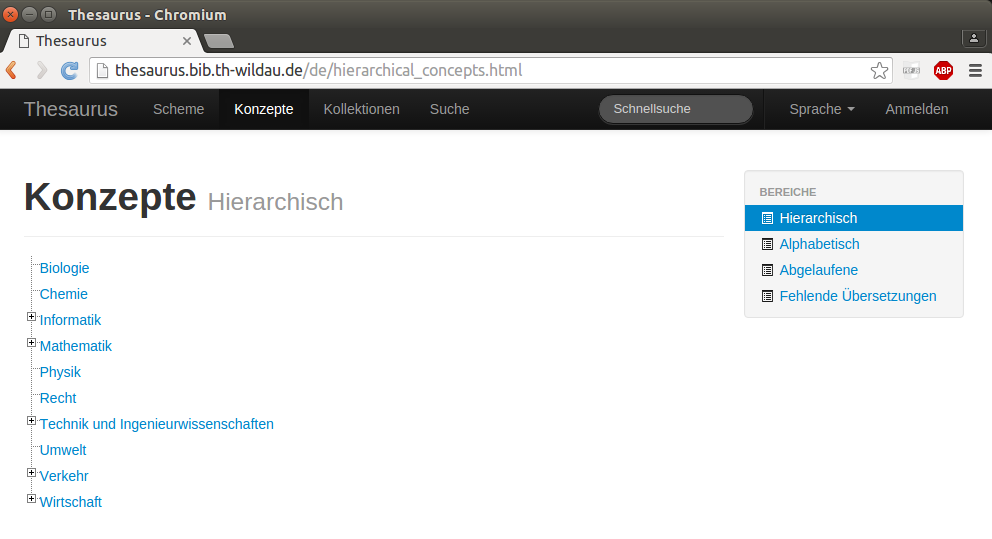
"Koha"
Since the end of the year 2012, the university library has hosted the library management system “Koha” as an open source for the Wildau public library. Through this, we support an active partnership with the local public library. We are also involved in other joint special events such as “Schmökerabend” and “StadtLesen”.
In-house Developments
"BibloVis"
Empirical evidence to find out the needs of the users through the use of the library is a fundamental concern of libraries, since we have to calculate our efficiency and effectiveness outside of the single figure of our collection. It is an important concern of our library to guarantee transparency, especially vis à vis decision makers such as library commissions and university administration. Therefore, a web-based tool to analyze every upcoming statistic regarding our information facility was developed in the Department of Telematics and was financed by external funds. These analyses can be referred to by entitled personnel at any time and help with purchasing or budget-related decisions.
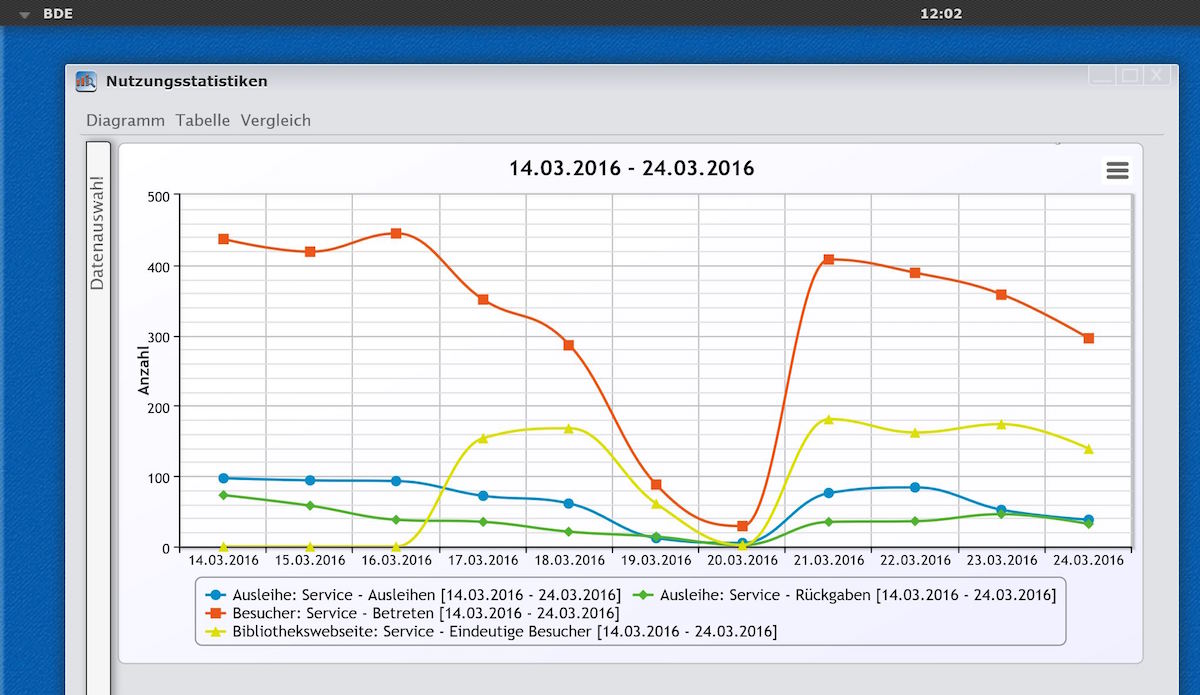
Competence cluster and purchasing strategies 2.0
A faculty of approximately 80 professors and lecturers at the Technical University of Applied Sciences in Wildau must be provided with specialist literature without the help of librarians from the respective fields. At the Technical University of Applied Sciences Wildau a system was developed, which allows faculty and staff of the library to tag thematic core themes of research and science. This broad list offers, among other things, the cooperation with a web shop developed by the library association “GBV”. This shop can be compared to Amazon and allows every faculty member to browse through newly released literature, make them available for their faculty. By using the web shop as a basis, they can send a purchase order directly to the library.
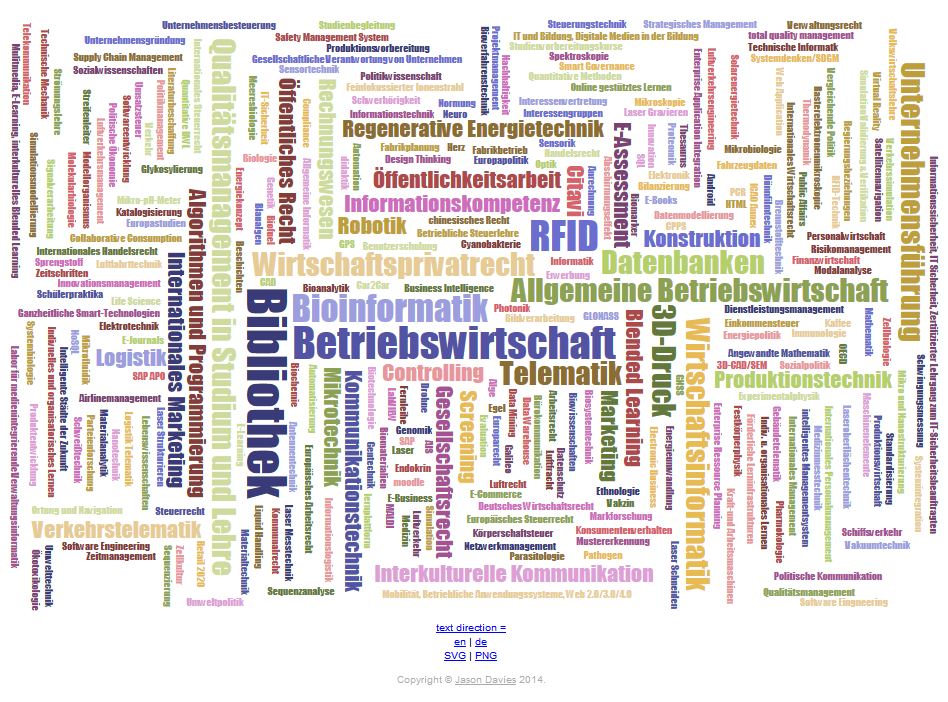
A second approach to guarantee the direct link from the purchaser to distribution when purchasing media item, is the business routine of online created module handbooks. At the Technical University of Applied Sciences Wildau, every course of study is recorded in a web-based system, including literature lists. This bibliography is arranged interactively. In this way, missing literature can be directly ordered using the system surface. This approach secures that information facilities without subject specialists like us, still have a direct link to our target group, the faculty at the university.

"Publister" as a tool for the university bibliography
Based on the "Publister" prototype of the university library Bielefeld a web-based tool was developed by the university library. With the help of that tool, the university staff is able to independently record their publications according to an existing publication policy. The validation and, if needed, the correction of the data sets are performed by the library staff. The publication list will be made accessible through the website of the Technical University of Applied Sciences Wildau and will give an overview of the output of our research achievements. Functions to export the data sets allow every faculty member further usage of the bibliographical data.
Interactive presentation of historical texts
The university library has supported the indexing of the Maria Heyde since 2002. She was a missionary of the Moravian Church in Western Tibet in the second half of the 19th century and left behind many diaries, which cover a time frame of more than 40 years. In cooperation with the work group at the centre for general scientific education called “Zentrum für Allgemeine Wissenschaftliche Weiterbildung (ZAWiW) at the University of Ulm, a web-based presentation surface was created as a prototype. This presentation surface links the transcriptions with further information such as pictures, maps and references from the glossary. Further information at: http://194.95.49.222/public/demo-heyde/
Mobile library
"Unidos Wildau"
"Unidos Wildau" is the campus app of the Technical University of Applied Sciences Wildau. It is a mobile companion for students and the university staff, as well as visitors and any interested person. “Unidos” Wildau is part of the project to create a mobile information system, which helps with the development of virtual contents at the university campus. The connection with the services and infrastructure of the university library is a key factor for the development of future applications, as well as the current development of an indoor radio-transmitted location system.
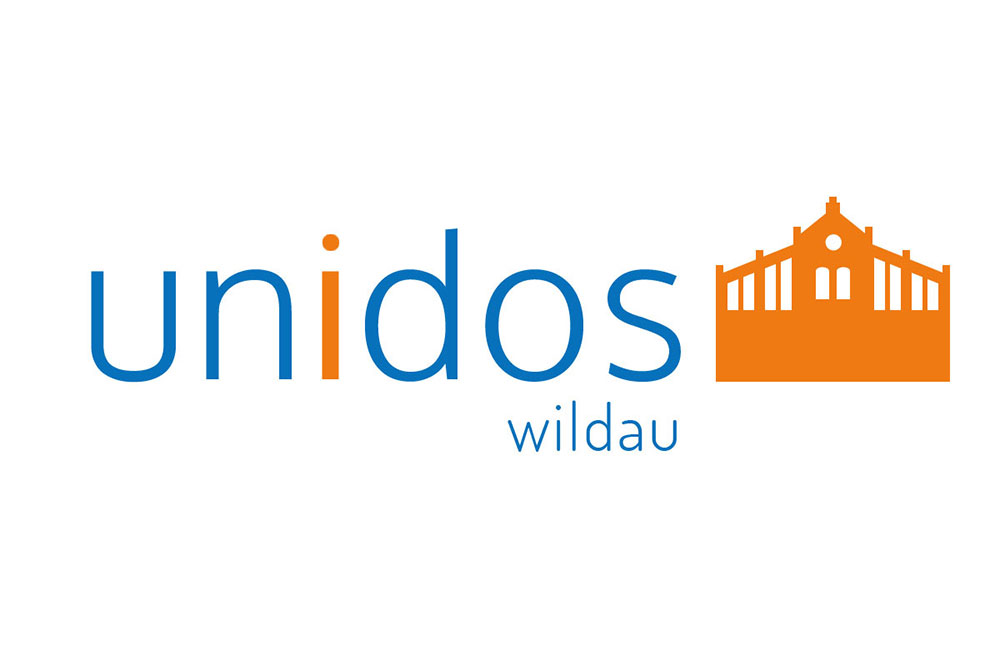
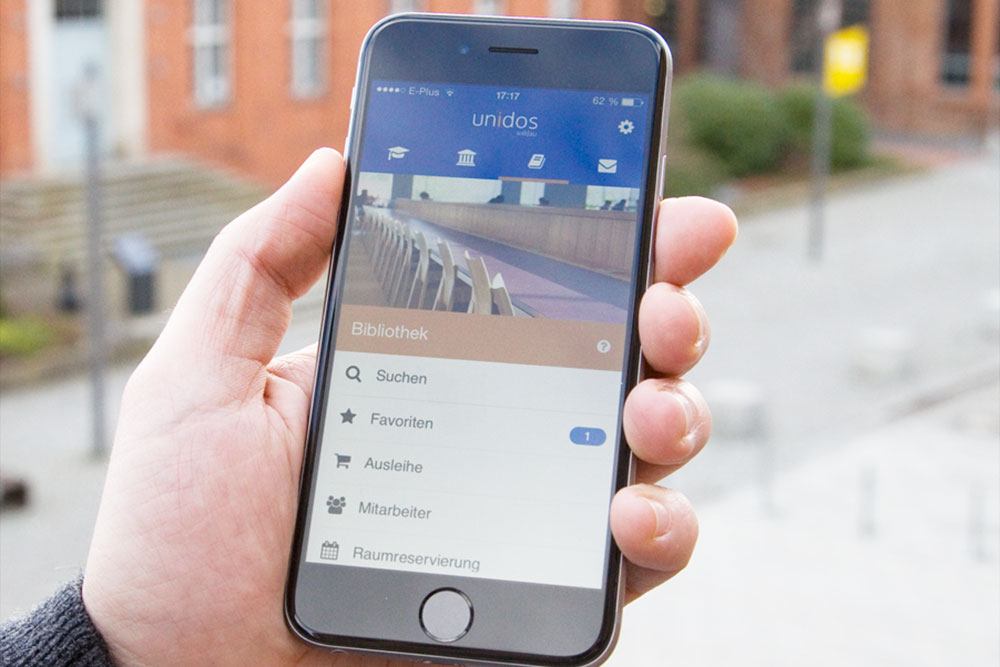
"Unidos Wildau" is an improved version of "iLibrary Wildau", which was the first version of the app and initially solely designed as an application for the library. It is now an application which holds content regarding the entire university.
Authorized students and teachers are able to browse the library collection, manage their library accounts, book group study rooms or look into schedules and exam results. The individual university departments are also able to send users of the app push messages through individual channels. If interested, users can subscribe to these channels to make sure they always get the needed information.
The user interface of Unidos Wildau in tablet format.
Since the "iLibrary" app got very much established in the ranks of users of the library, more and more students hoped for improvements and expansion of the contents of the application. All that led to revamping it as an application for use on the entire campus, under its new name "Unidos Wildau" in 2015.
The application is also interesting for visitors and potential future students because they can get an insight into the university beforehand. A virtual campus tour would be an example for that.
Humanoid robots as assistance system in a 24/7-operation
In quarter four of 2016 a humanoid robot is employed as assistance system in the library in order to test its suitability for unmanned 24/7 operation phases. This autonomous system should be able to interact with the customers, so we also process contextual information.
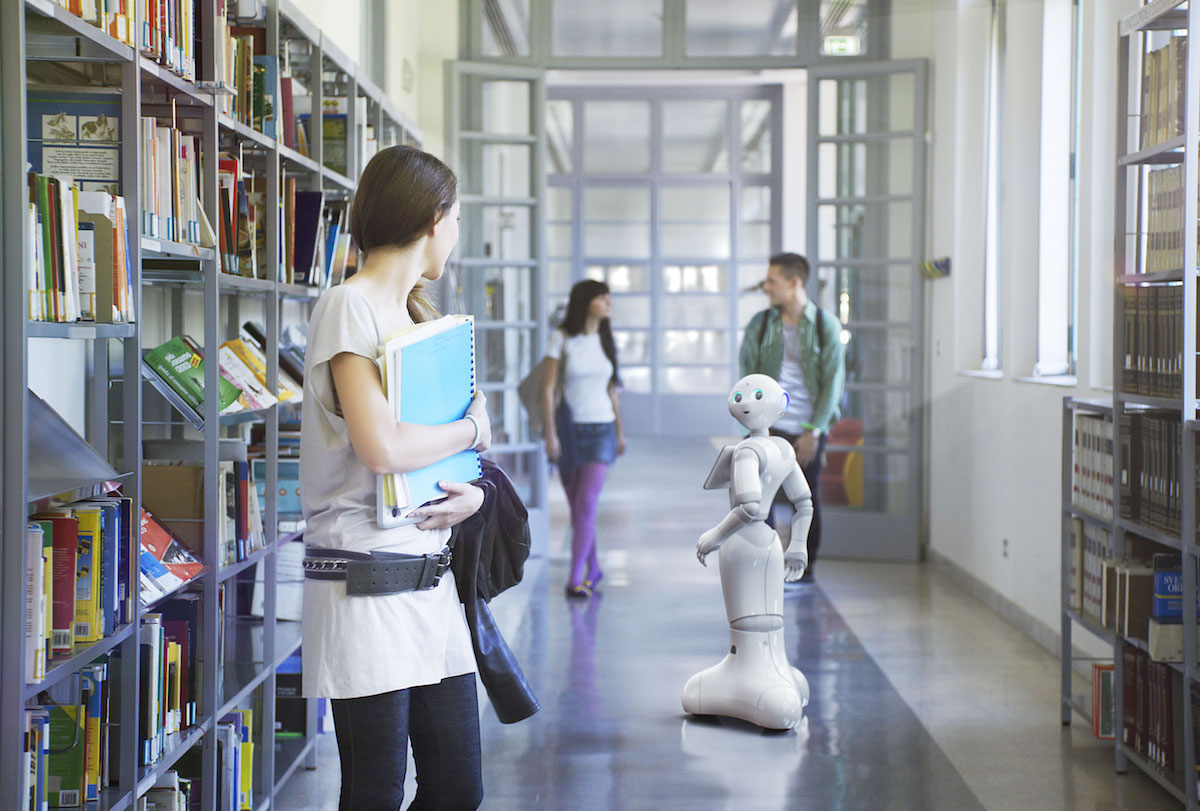
© SoftBank Robotics
Fluid library
Deposit tables
At the end of the 2014, deposit tables were installed in the free access holding area of the library. These deposit tables are equipped with RFID and primarily serve students who wish to return media they are finished using.
The idea behind the RFID implementation started as part of a project to turn the library into a RFID system house. All in all, eleven such tables are used daily and are able to recognize and identify the media deposited on them.
The background of the project was the lack of information of the usage of the reference holdings. Since it is not possible to analyze the usage by counting the number of items on loan, like with the rest of the collection, key figures were not available so far. This problem could now be fixed with the help of these RFID deposit tables installed.
For instance, approximately 3,500 media were registered on these tables during the winter semester 2015/2016 .Nearly 44 percent of them were from the reference holdings.
The fixed location of the tables adds further benefits. A precise localization of the deposited media is possible. If a user is looking for a book in our online catalogue and he/she finds a copy which is deposited on one of the deposit tables, the installed guide shows him or her the exact location of that media.
The approach of a fluid library manifests itself also in our mobile magazine shelf. The most recent issues of our magazines, which are assigned to the reference holdings, can also be located and their usage can be recorded anonymously. This statistic ensures a supply of information needed even with limited means.
Sensor controlled assistance systems
It is common sense to use monitoring systems to control and monitor IT systems. The same approach can be used to receive data regarding the room quality. Modern, but also affordable products like “Arduino” or Raspberry Pi already offer many possibilities. During the testing phase, a sensor network to check data regarding loudness, room temperature and air moisture proved to be useful and will go into production starting this year.
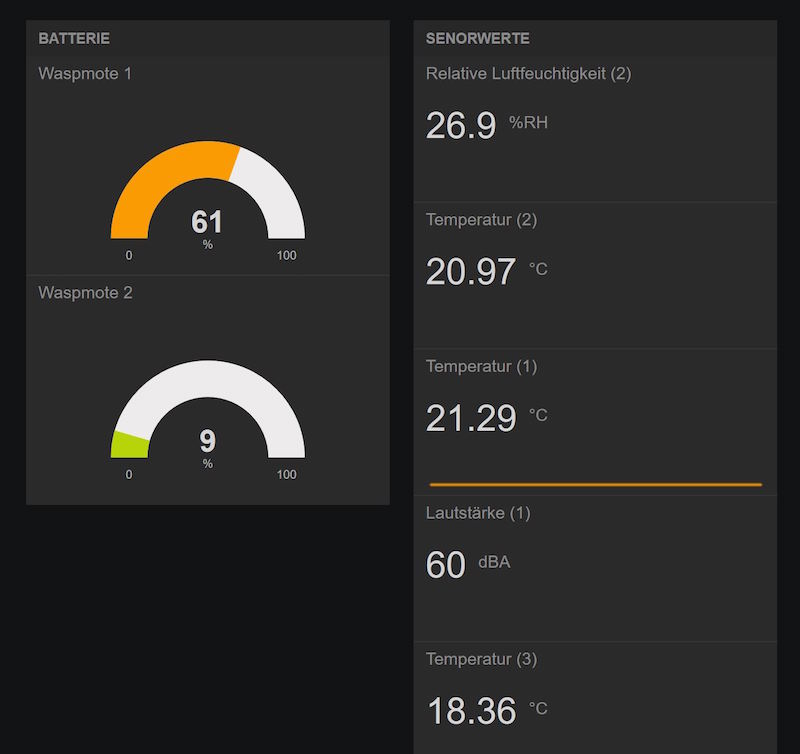
Productive networks
Networked innovation
In the year 2013 two meetings were organized which brought together colleagues who work on innovative ideas in their information facilities in their respective German-speaking region. The first one was held in Wildau in September, the second in Nuremberg in November. These meetings were informally continued at the Librarians' Days in Bremen, Nuremberg and Leipzig. They are now considered an institution recurring on a fixed date every year, but with rotating venues (Basel, Hamburg, Berlin/Potsdam). Among others, Wildau started this initiative with a Weblog created in February 2014. This Blog can be found (password secured) at http://blogs.ethz.ch/innovation/. The board now contains nearly 180 articles from almost 80 librarians. At least half of the articles come from authors situated in Wildau.
New paths – Library and sciences brought together
Initiated by Wildau, the association “Berlin-Brandurgische Stiftung zur Förderung der Bibliotheksforschung” was successfully founded in 2015. This association targets the funding and promotion of culture and sciences in context to information facilities and is supported by various members from the region. As a first combined project, crowdfunding of the event “StadtLesen” 2016 in Wildau was successfully completed (More information at: http://betterplace.org/p38878.
A fund-raising dinner and the application for an award regarding libraries in Berlin and Brandenburg in 2017 are planned as future projects.
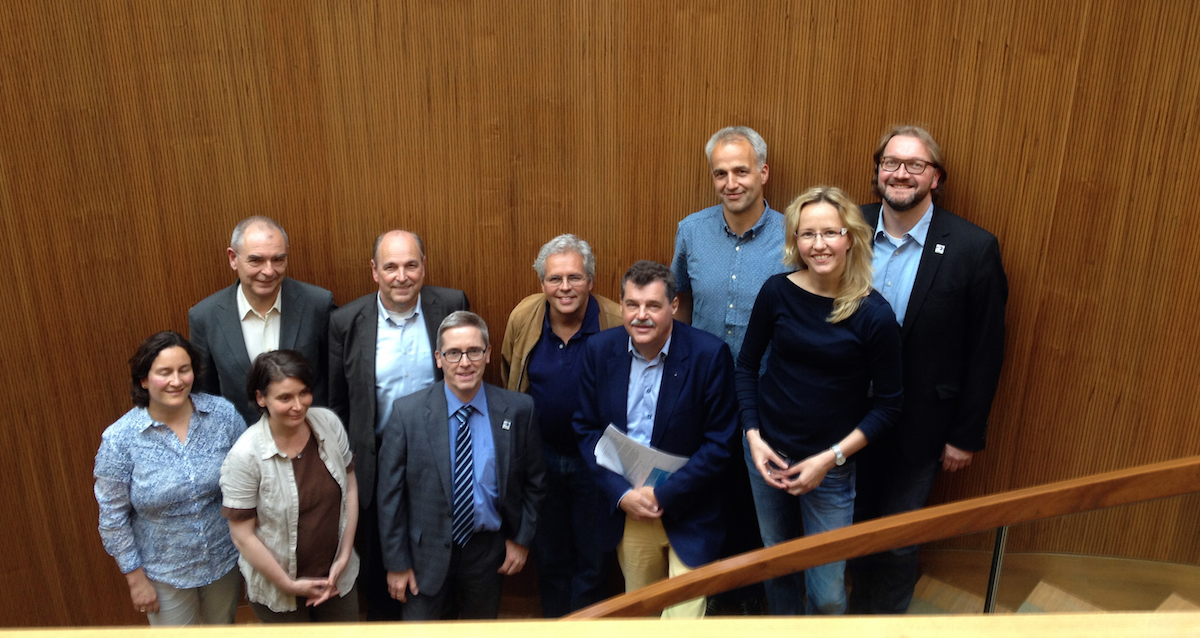

Club of lively books
Again and again, printed books are declared dead. In reality, they can be compared to massive open online courses (MOOC). As these online courses cannot replace the togetherness of conventional courses, electronic media will never replace their unique physical counterparts, despite all the possible forms of presenting the inherent knowledge. This confession in favor of printed books is also the reason why the team was mainly responsible for publishing two campus related books this year. The book called “Wir gehen studieren” is set to be published in summer 2016 and is related to the “Children's University”. Moreover, the team will also publish a book entitled “Auf der Spur der Wildauer Steine” on the occasion of the 25th anniversary. It is a collected edition and is sort of a tour guide our landmark site using pictures.
